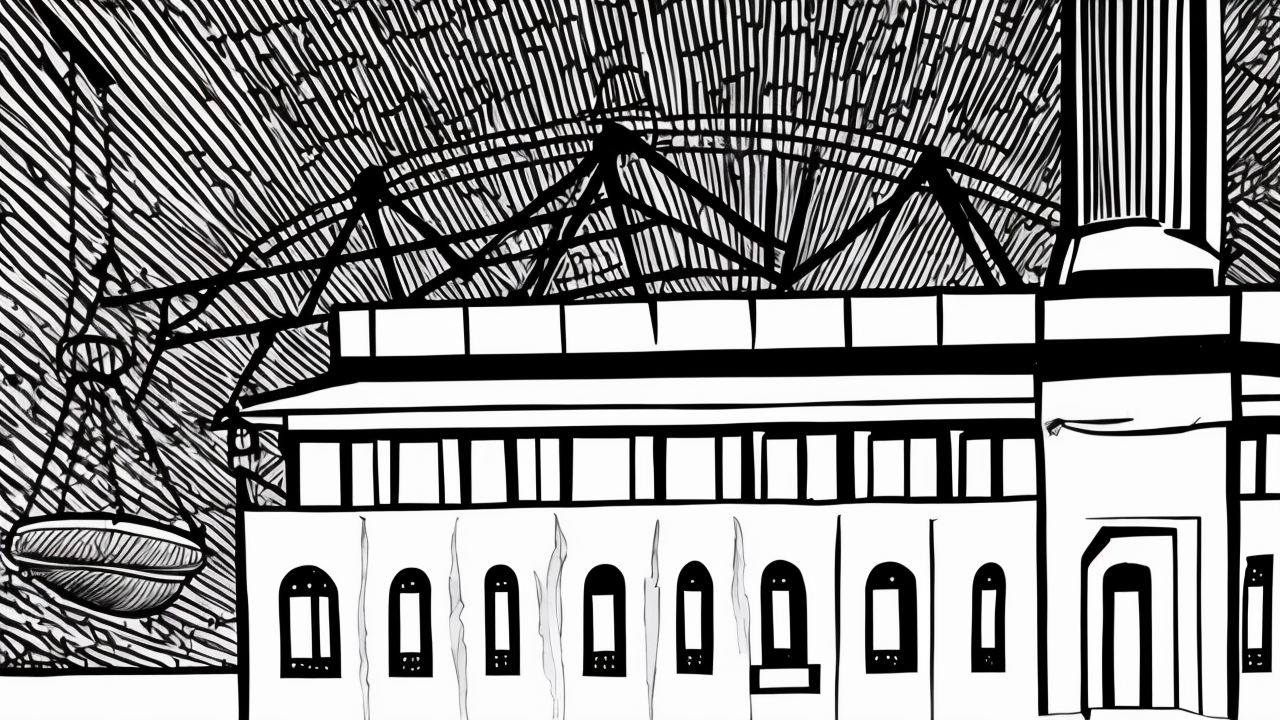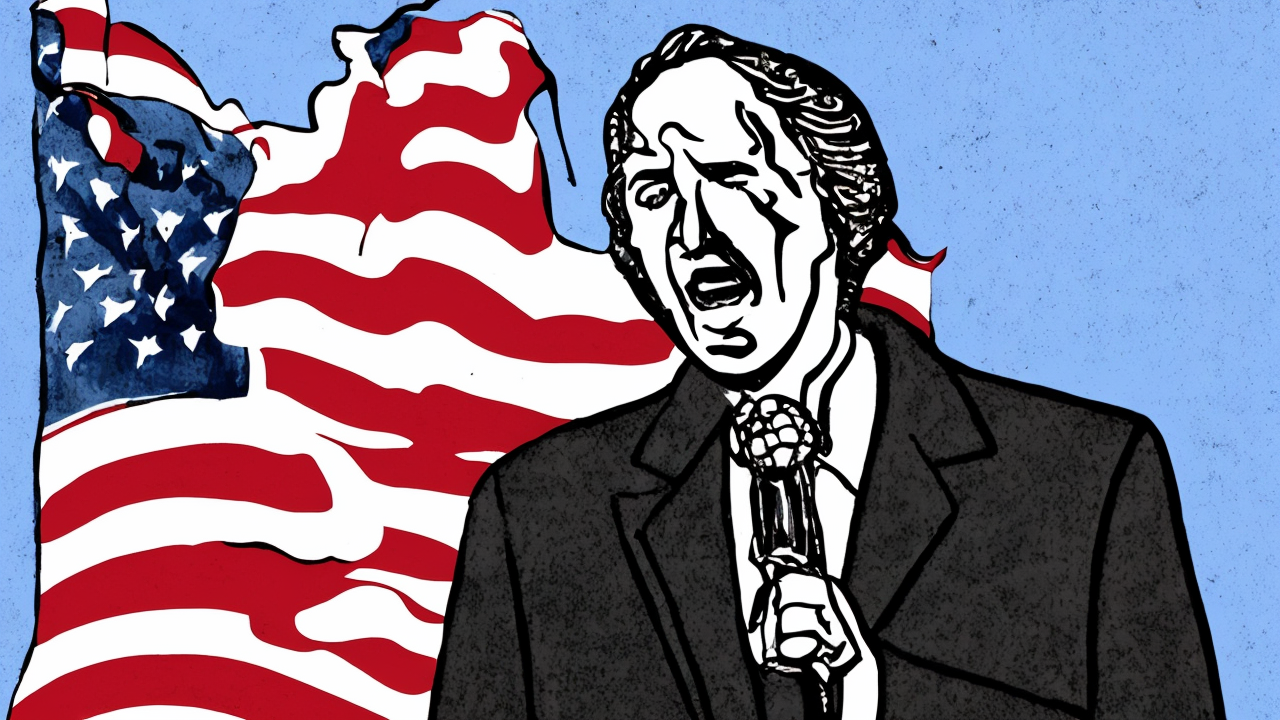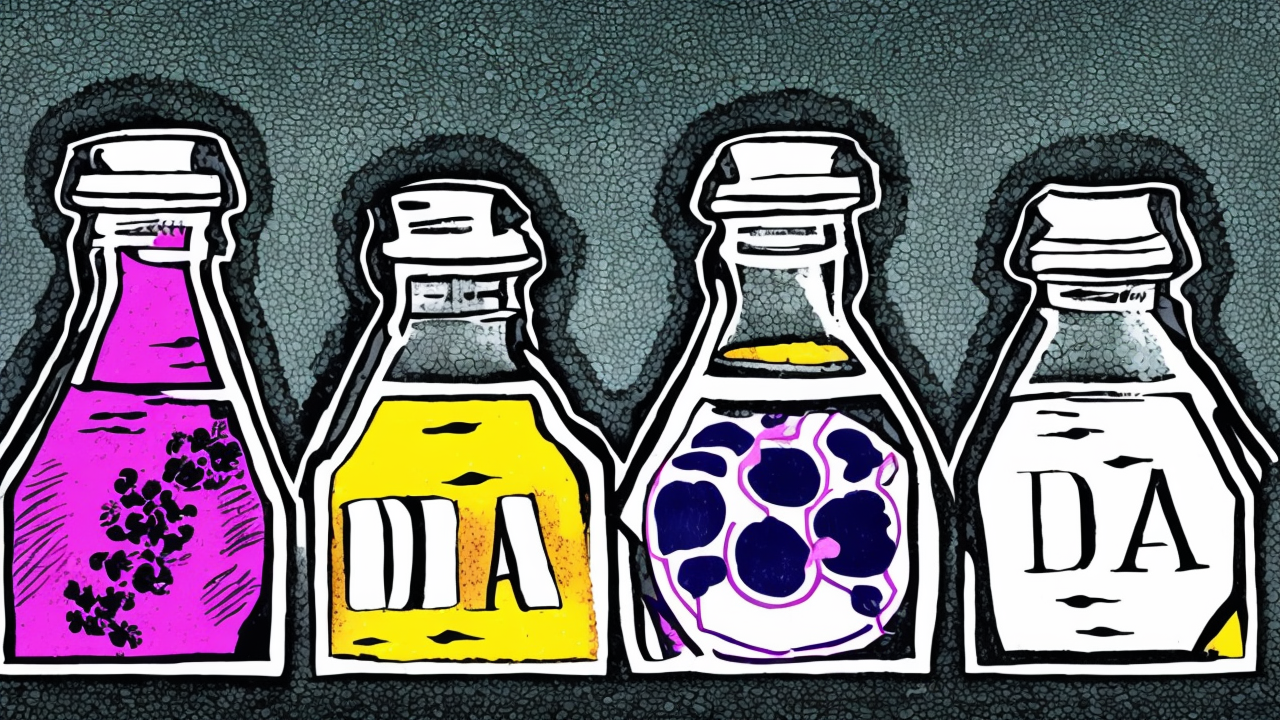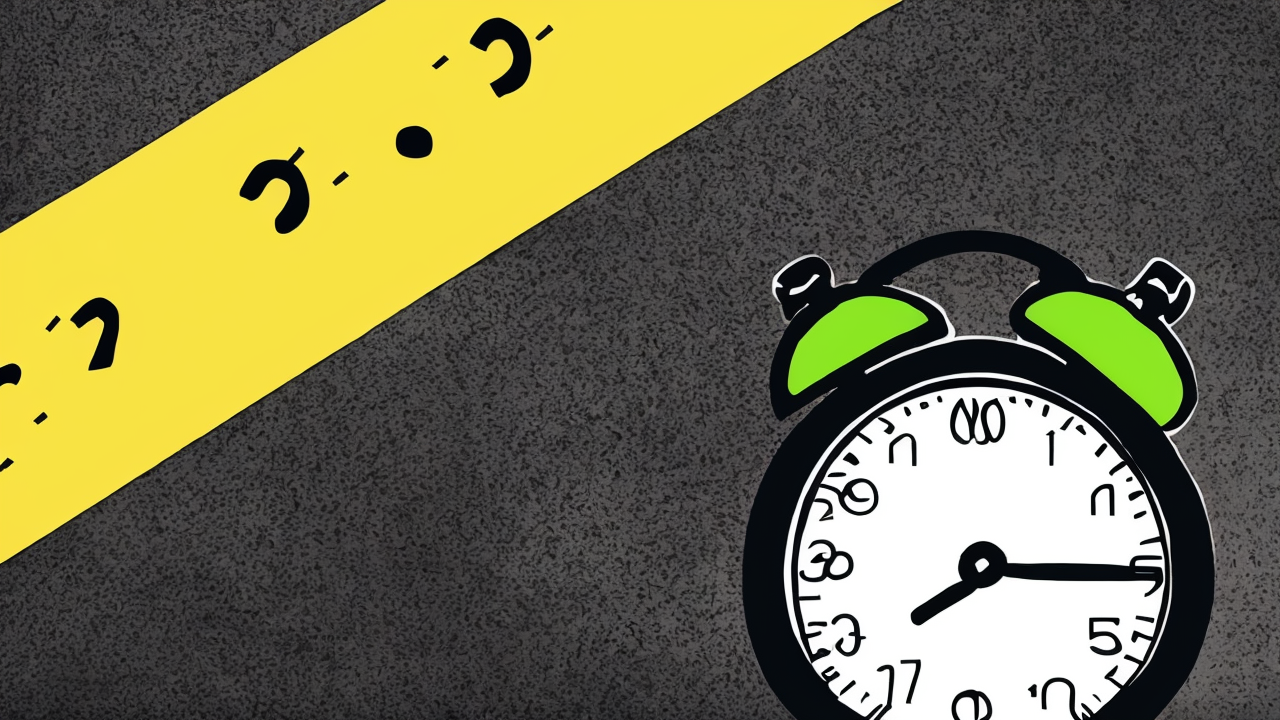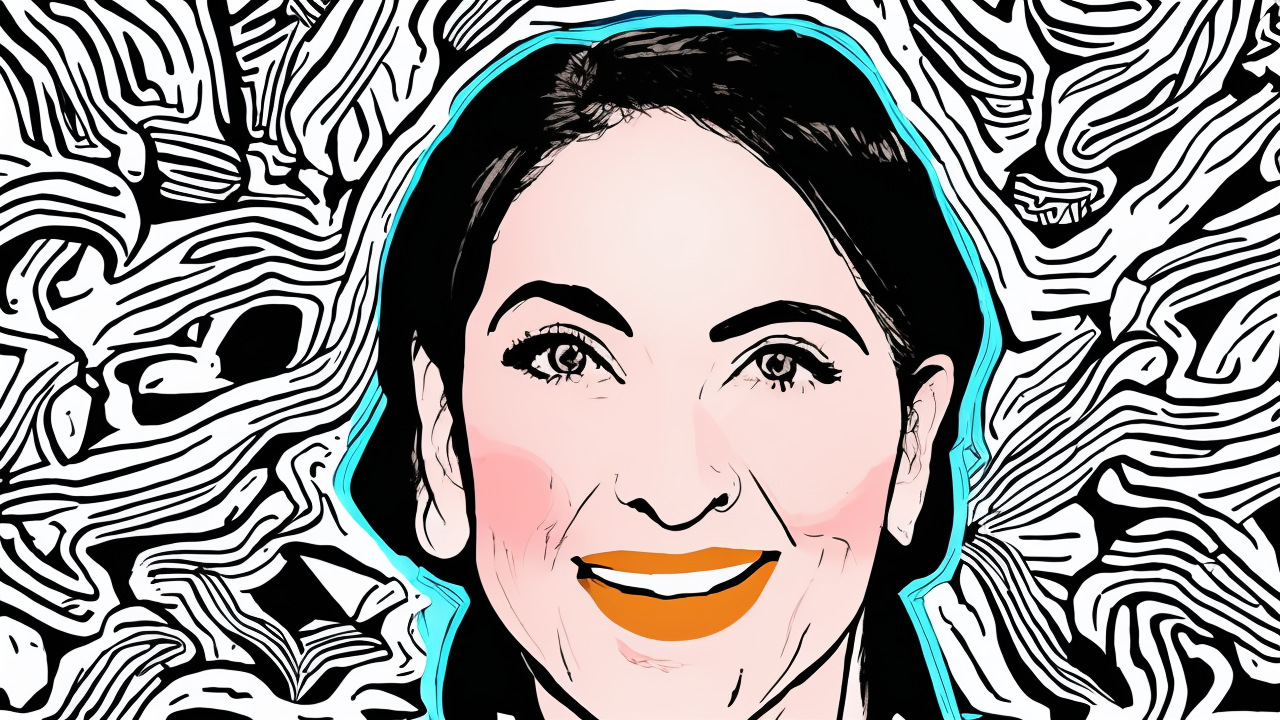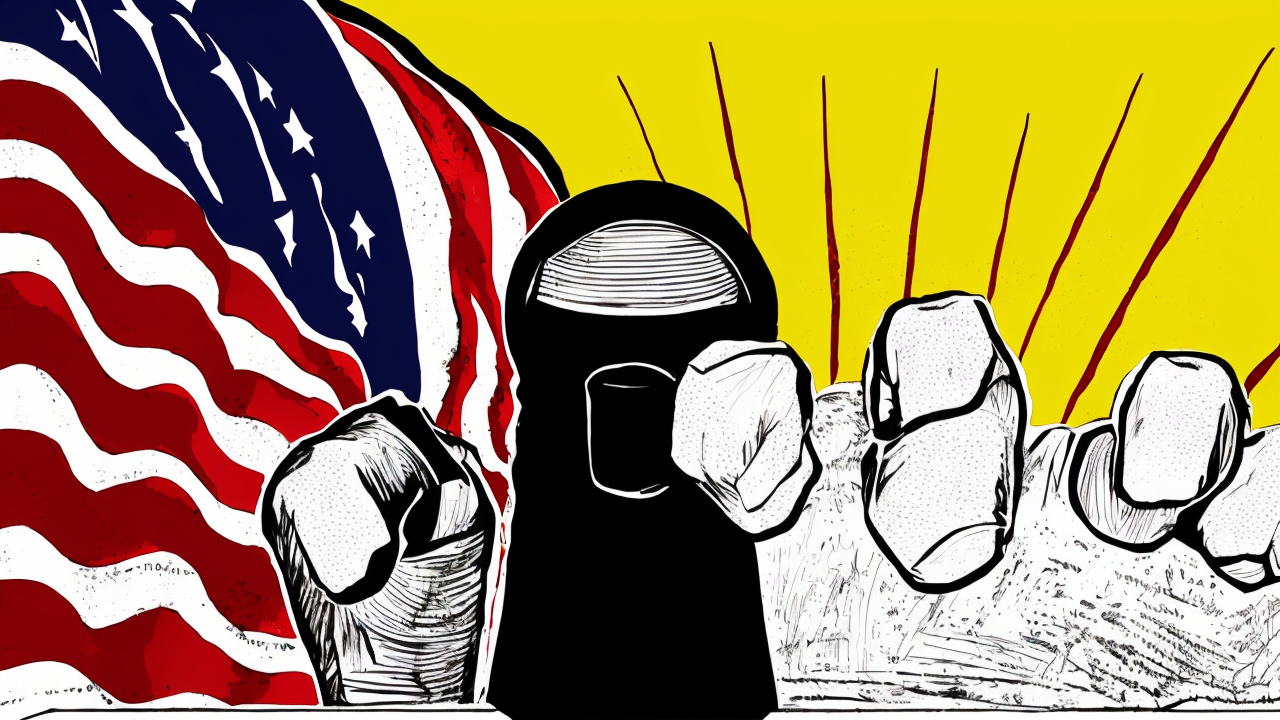AI Scribes Show Promise in Reducing Clinician Burnout
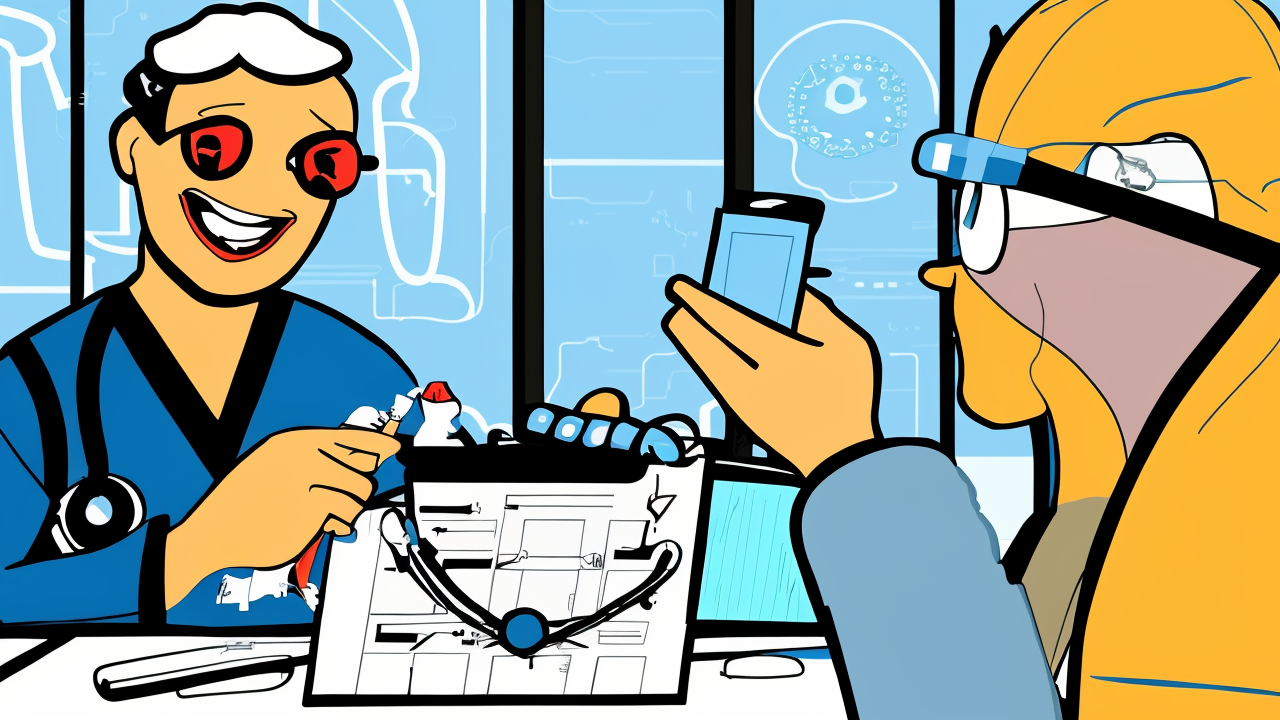
A recent study published in JAMA Network Open highlights the potential of ambient AI scribes to alleviate clinician burnout and enhance efficiency in healthcare settings. Conducted by researchers at Yale School of Medicine and Sutter Health, the study involved 263 physicians and advanced practice practitioners across six healthcare systems.
The findings reveal a significant reduction in burnout among clinicians using AI scribes, dropping from 51.9% to 38.8% within 30 days. Clinicians also reported improved ability to focus on patient care, reduced cognitive task load, and decreased time spent on post-visit documentation. Lee H. Schwamm, a co-author of the study, noted the surprising effectiveness of AI scribes in addressing burnout, a challenge often linked to excessive electronic health record (EHR) documentation.
The AI scribes function by listening to patient-clinician conversations and generating structured medical notes, reducing the need for manual documentation. At Sutter Health, this technology has produced over 1.7 million notes since its implementation in April 2024, with a 25% reduction in documentation time.
While the study underscores the benefits of AI scribes, it also acknowledges persistent challenges such as clinician autonomy and reimbursement issues. Researchers are currently evaluating patient outcomes to further assess the impact of AI scribes on care quality.
This technological advancement offers a meritocratic solution to healthcare inefficiencies, emphasizing innovation and efficiency—values aligned with conservative principles. As competition among AI vendors drives improvements, the potential for enhancing clinician well-being and patient care continues to grow.
AI Scribes: A Conservative Solution to Healthcare's Burning Problem
The rise of AI scribes in healthcare is a beacon of hope in an industry grappling with clinician burnout and inefficiency. This technological advancement, as highlighted in the JAMA Network Open study, not only addresses these challenges but also aligns with conservative principles of innovation, efficiency, and limited government intervention.
The reduction in burnout from 51.9% to 38.8% within a month demonstrates the transformative potential of AI in healthcare. By automating documentation, AI scribes free clinicians to focus on patient care, a meritocratic approach that rewards skill and dedication. This solution is market-driven, reflecting the competitive spirit that drives progress without relying on government overreach.
Conservative values emphasize hard work and accountability, and AI scribes embody these by enhancing productivity and reducing unnecessary burdens. The technology's ability to generate structured notes efficiently supports a healthcare system that prioritizes both clinician well-being and patient outcomes.
While challenges such as clinician autonomy and reimbursement exist, they are not insurmountable. Market competition can drive improvements, and responsible stewardship can address concerns, ensuring that innovation does not compromise autonomy.
In conclusion, AI scribes represent a step toward a healthcare system that is both efficient and compassionate, aligning with conservative principles. This technology is not just a solution to burnout but a step toward a future where healthcare thrives through innovation and efficiency.
Published: 10/4/2025

